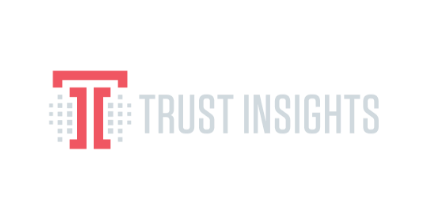Our Services
We deliver intelligent, integrated communications and marketing solutions for companies of all sizes, from startups to enterprises. Our services connect you to your target audience at every stage of the customer journey.
You have access to a full suite of capabilities delivered by senior-level professionals with experience across industries. We provide honest, straightforward counsel and data-driven insights to build brand capital for your company.

Media, Analyst & Influencer Relations
Whether you’re launching a company, announcing new funding, introducing a new product, promoting a new partnership, or trying to break into new markets, we have the creativity and relationships within the media, analyst community, and influencers to tell your story.
News Generation
Today's newswires have a vibrant mix of diverse content, ranging from highly noteworthy to less significant pieces. At Escalate PR, we excel in helping our clients navigate this landscape by discerning what constitutes news and determining the most appropriate channels for disseminating it—be it a traditional press release, a captivating blog post, or a compelling social media update.
Content Strategy & Development
We develop compelling content, including contributed articles, blog posts, whitepapers, and more, that incorporate your brand’s message and effectively share your story in its most potent form.
Measurement
From Share of Voice to Google Analytics to campaign measurement, we uncover and use actionable data to forward your brand’s unique goals and measure our progress toward those ends.
Message Development
Build a robust, defensible, and straightforward narrative around your brand, driven by research from your buyer personas.
Crisis Communication
Time, energy, and passion went into creating your brand, so we do everything to protect it. We provide proactive planning and 24/7 crisis response to ensure your brand is entirely in charge and protected against reputational threats.
Media Training
Working closely with your spokespeople, we teach or refine interview techniques for all media situations. We’ll prepare your people to deliver your message confidently through any medium.
Market & Competitive Analysis
Our state-of-the-art tools and decades of industry expertise identify and evaluate the strengths, weaknesses, and strategies being leveraged by key industry players to create actionable, data-driven strategies of our own.
Market Data and Surveys
New market data is gold for earned media. Novel insights from your customers’ customers, the general public, or specific audiences responsible for technology purchases are always in demand by reporters. Escalate takes advantage of fast, low-cost tools to develop and launch surveys of just about any cohort and turns that data into content for industry thought leadership. The findings are also extensible for other marketing activities; landing pages, drip campaigns, and promotion on owned social channels.
Social Media Strategy
Boost your brand presence across social media platforms to engage audiences and boost the digital results that matter to your company.
Speakers Bureau and Event Promotion
We have decades of experience organizing and promoting events of all sizes, from large-scale conferences and attendance at industry events to more intimate roundtables. We’ll make the most of the opportunities in-person events offer for brand visibility to dealmaking.








